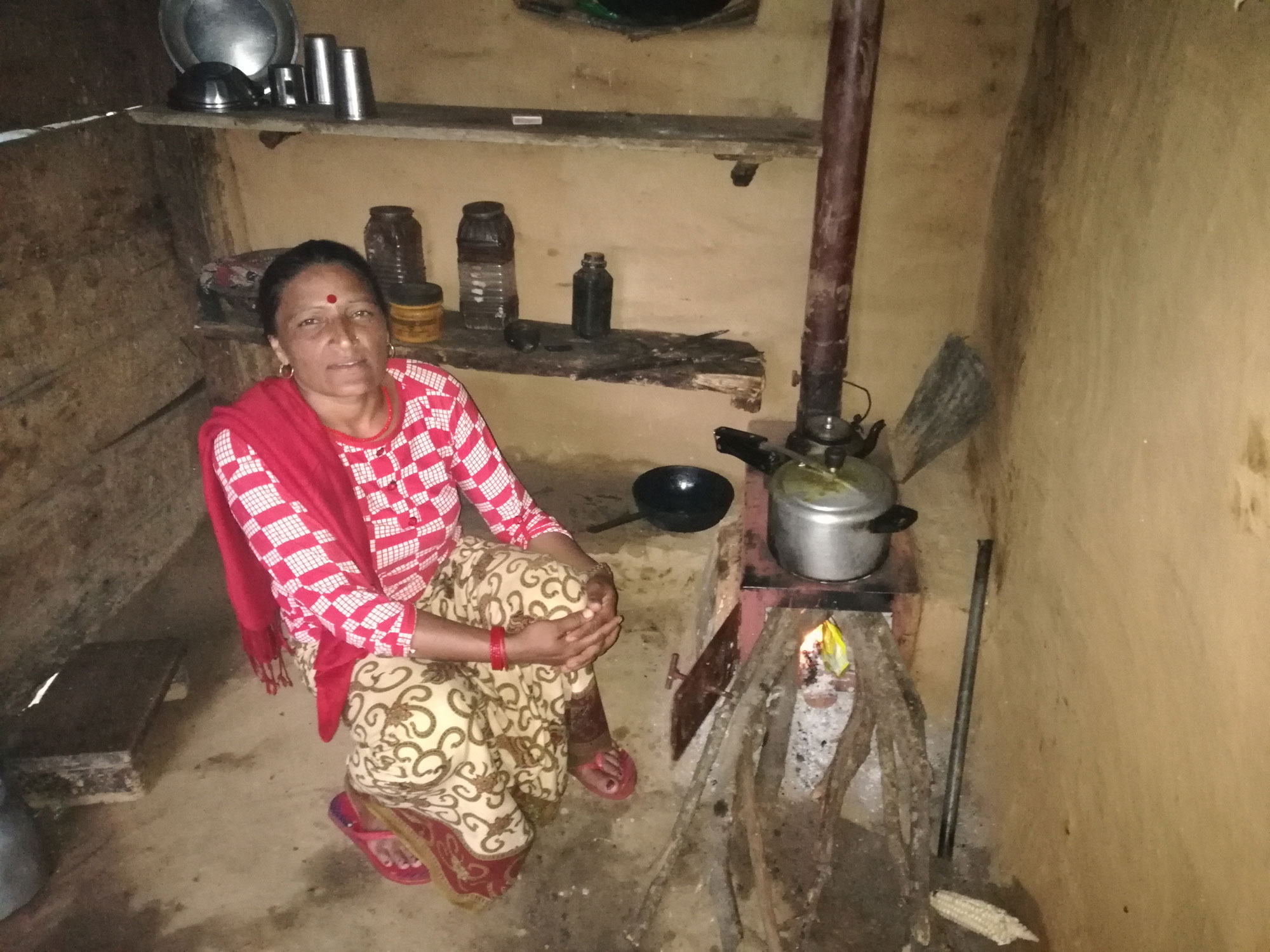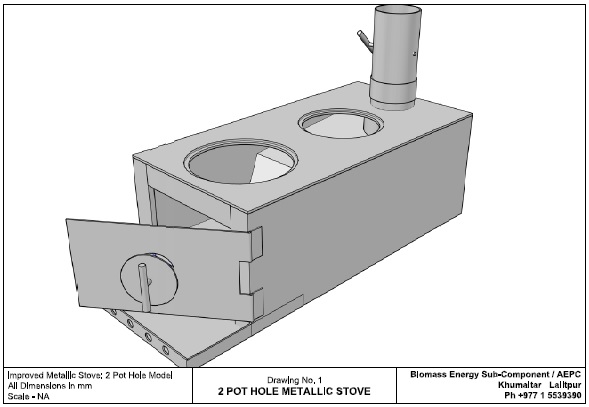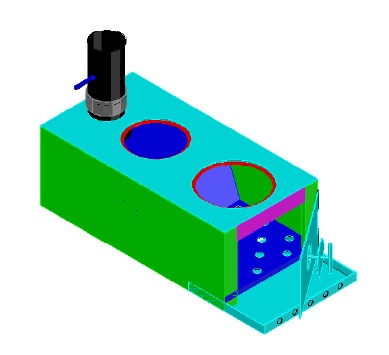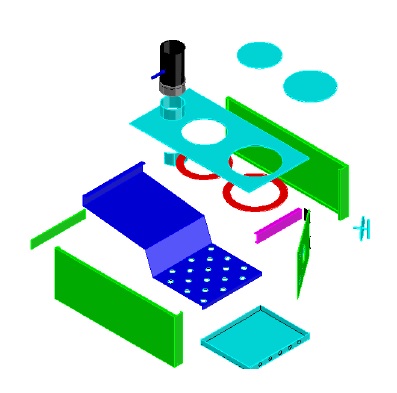May 23, 2020
Although having 43000MW economically feasible hydropower potential, Nepal depends largely upon biomass as major energy source. Stoves made of mud, stone or tripod with simple structures are the traditional method practiced and cultured through generations. However, these stoves are technically inefficient due to poor air flow, insulation, high consumption of biomass and causes high level of indoor air pollution.
Consequently to overcome these issues, improved cooking stoves (ICS) were introduced in the 1950’s in Nepal. Through support and joint collaboration of government, non-government and private organization more than 700,000 ICS in 63 districts have successfully been installed. Unica Foundation, in collaboration with local governmental authority and Nepal Red Cross Society, Kaski, as non-governmental organization, is also effectively promoting ICS in the Kaski district. Tallo Taprang and Tikhe Dhunga are two alternative energy promotion projects underway in parallel. With these projects Unica Foundation executes ICS-projects in 20 villages of Kaski.
“Metallic Improved Cooking Stove (MICS) Installation Project at Tallo Taprang” is under implementation in community of Madi Rural Municipality ward no-6 and “Metallic Improved Cooking Stove (MICS) Installation Project at Tikhe Dhungga Community” is in Annapurna Rural Municipality ward no. 9 of Kaski district. For the alternative energy promotion section of Nepal, the government has prescribed the MICS model at the locations of with an altitude of 1,500 meters and above and mud-brick ICS below the 1500 meters altitude. As the project area lies in hilly region metallic improved cooking stoves are being promoted to help achieve the national goal of declaring Nepal as indoor air pollution free country by 2022.
Targeted groups in Tallo Taprang are Janajaties (ethnic groups): 9.73%, Dalit: 27.03% and Bramin/chhetri: 63.25% including local groups, community development committees and other community base organizations with total 66 households and 370 population as beneficiaries. Likewise, in Tikhe Dhunga 39 households with a population of 175 are targeted beneficiaries comprising Janajaties: 82.857% and Bramin/ Chheri 17.143%. The project would support to improve the cooking method and decrease kitchen smoke and indoor air pollution through the installation of the improved cooking stoves within 6 months in Tallo Taprang and 4 months in Tikhe Dhunga.
Participatory development approach will be undertaken through community ownership, management, and involvement of all stakeholders to achieve the goal. Direct support in MICS would potentially contribute in achieving development goals and facilitate the people to engage in the development process. As far as possible, existing cooking system shall be maintained and/or improved so as to modernize traditional practices that are hindering the community to maximize their capacity. Community participation will be assured too throughout the project phase for identification and prioritization of need. The management and monitoring committee has to mobilize the community, regulate meetings, coordination, on the job training, writing protocol, decision making and planning. Women are especially involved in the user groups and decision making to increase their participation, self-confidence and awareness on women’s rights. Various activities of orienting community on ICS, providing job training on oven installation and building smoke free cooking system will be executed to achieve the goal within project timeline. The community will be sensitized in accountability and ownership for sustainability of the project.
These two projects sanctioned and started from 1 March 2020, but didn’t make much progress in the field due to Covid-19 pandemic followed by lockdown. Nepal Red Cross Society (NRCS), Kaski – implementing partner of Unica Foundation, has stopped field movement until the government lifts the lock down.













